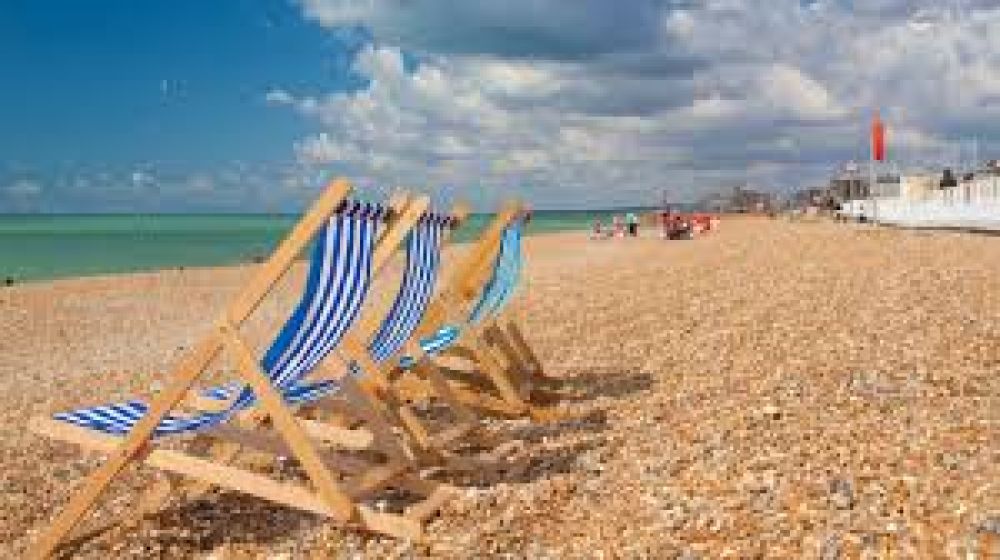

The history of tourism in Brighton Beach, located in the vibrant city of Brighton, United Kingdom, is deeply intertwined with the evolution of Brighton itself as a popular resort destination. The origins of Brighton's status as a sought-after seaside retreat can be traced back to the 18th century.
With its roots in health and wellness tourism, Brighton began its ascent to fame when Dr. Richard Russell published his dissertation promoting the health benefits of seawater in the 1750s. Sea-bathing became fashionable among the elite, who flocked to Brighton for therapeutic purposes.
The transformation of Brighton Beach into a beloved tourist spot was significantly amplified by the patronage of the Prince Regent, later King George IV, in the late 18th and early 19th centuries. The Prince's extravagant tastes led to the construction of the Royal Pavilion, an elaborate palace designed in an Indo-Saracenic style, which became a central landmark and drew even more visitors to the area.
The Victorian era saw further enhancement of Brighton's tourist appeal. The introduction of the London to Brighton railway in 1841 made the beach accessible to visitors from the capital and beyond, heralding the onset of mass tourism. The iconic Brighton Palace Pier, opened in 1899, cemented Brighton Beach's standing as one of the UK's leading seaside destinations.
Throughout the 20th century, Brighton continued to evolve, with Brighton Beach at its core. The post-war years, particularly the 1960s, brought the "Mods and Rockers" youth culture to the forefront, with Brighton Beach serving as a backdrop for their well-documented clashes.
In recent times, Brighton Beach has maintained its status as a popular spot for both domestic and international tourists. Known for its pebbled shore, vibrant seafront activities, and close proximity to Brighton's cultural and nightlife offerings, Brighton Beach is a year-round destination. The beachfront is lined with shops, restaurants, and cafes, adding to its appeal.
The latest trends in Brighton Beach tourism reflect a growing interest in sustainable and responsible travel. Visitors are increasingly seeking authentic local experiences, from enjoying sustainable seafood at local eateries to participating in beach clean-up activities. The digital nomad movement has also seen a rise in popularity, with Brighton's relaxed atmosphere and amenities attracting remote workers who blend work and leisure by the sea.
The enduring allure of Brighton Beach is a testament to its ability to adapt and thrive throughout the centuries. It remains one of the UK's beloved seaside escapes, offering a blend of historical significance, cultural vibrancy, and modern appeal that continues to captivate the hearts of travelers from around the world.